People with dyslipidemia may experience increased total cholesterol, increased “bad” LDL cholesterol, increased triglycerides, but decreased “good” HDL cholesterol. Taking medication regularly can help control dyslipidemia, according to the US website Eating Well .
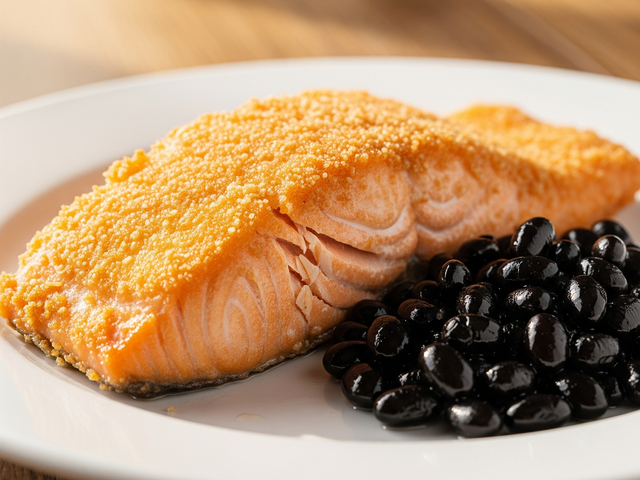
Salmon and beans are healthy foods that are very beneficial for people who want to control lipid disorders.
PHOTO: AI
However, not only drugs but also many familiar foods have the ability to improve blood lipid disorders. Food groups that are scientifically proven to have a positive effect on blood lipids include:
Oats, barley
Oats and barley are good sources of beta-glucan, a soluble fiber that helps reduce the absorption of cholesterol in the intestines, thereby helping to reduce “bad” LDL cholesterol. The European Food Safety Authority (EFSA) says that eating at least 3 grams of beta-glucan a day can lower blood cholesterol by 5-10%.
Bean
Beans such as green beans, soybeans, black beans, kidney beans or lentils are foods rich in soluble fiber, which helps prolong digestion time, creates a feeling of fullness for a long time and reduces cholesterol absorption. In fact, beans are considered one of the most effective food groups to help lower cholesterol.
Nuts
Nuts like almonds and walnuts are rich in unsaturated fatty acids and fiber. These nutrients have been shown to help reduce LDL "bad" cholesterol. The daily intake should be between 50 and 60 grams.
Fatty fish
Fatty fish such as salmon, mackerel, sardines, and tuna are rich sources of omega-3. This fatty acid has the ability to reduce triglycerides in the blood, contributing to increasing "good" HDL cholesterol. According to recommendations from the American Heart Association (AHA), an adult should eat at least 240 grams of fatty fish per week.
Fruits rich in pectin
Some fruits are rich in pectin, a soluble fiber that can lower LDL "bad" cholesterol. These fruits include apples, grapes, oranges, and strawberries.
Research has shown that pectin can reduce LDL cholesterol by up to 10%. Berries rich in anthocyanins and phytochemicals, such as blueberries, blackberries, black currants, elderberries, and tart cherries, also have this benefit.
Green tea, turmeric
Several studies have found that regular consumption of foods like green tea, turmeric, tomatoes, and flaxseeds has a positive impact on LDL “bad” cholesterol levels. For example, turmeric and avocados have been shown to reduce LDL. The reductions are moderate to large, much higher than those seen with flaxseeds and almonds. Additionally, green tea contains polyphenols, antioxidants that help reduce blood lipids, according to Eating Well .
Source: https://thanhnien.vn/6-mon-it-ngo-toi-giup-giam-mo-mau-hieu-qua-185250822173850405.htm











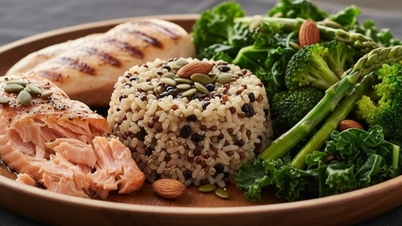





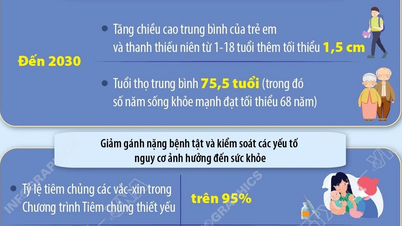


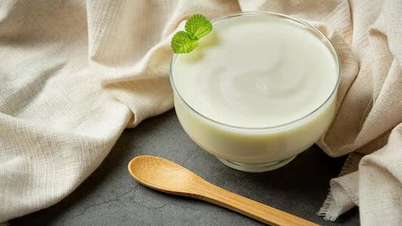













![[Photo] Soldiers guard the fire and protect the forest](https://vphoto.vietnam.vn/thumb/1200x675/vietnam/resource/IMAGE/2025/9/27/7cab6a2afcf543558a98f4d87e9aaf95)































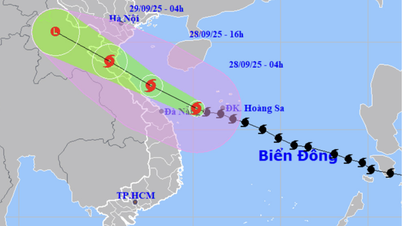











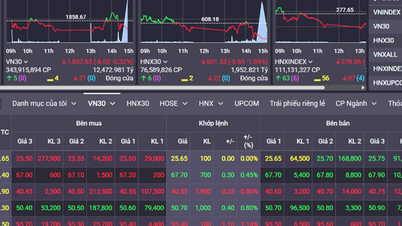








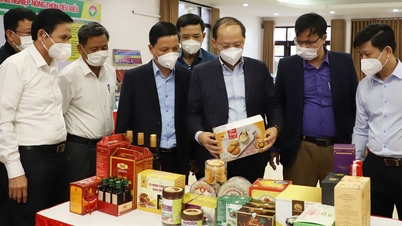









Comment (0)